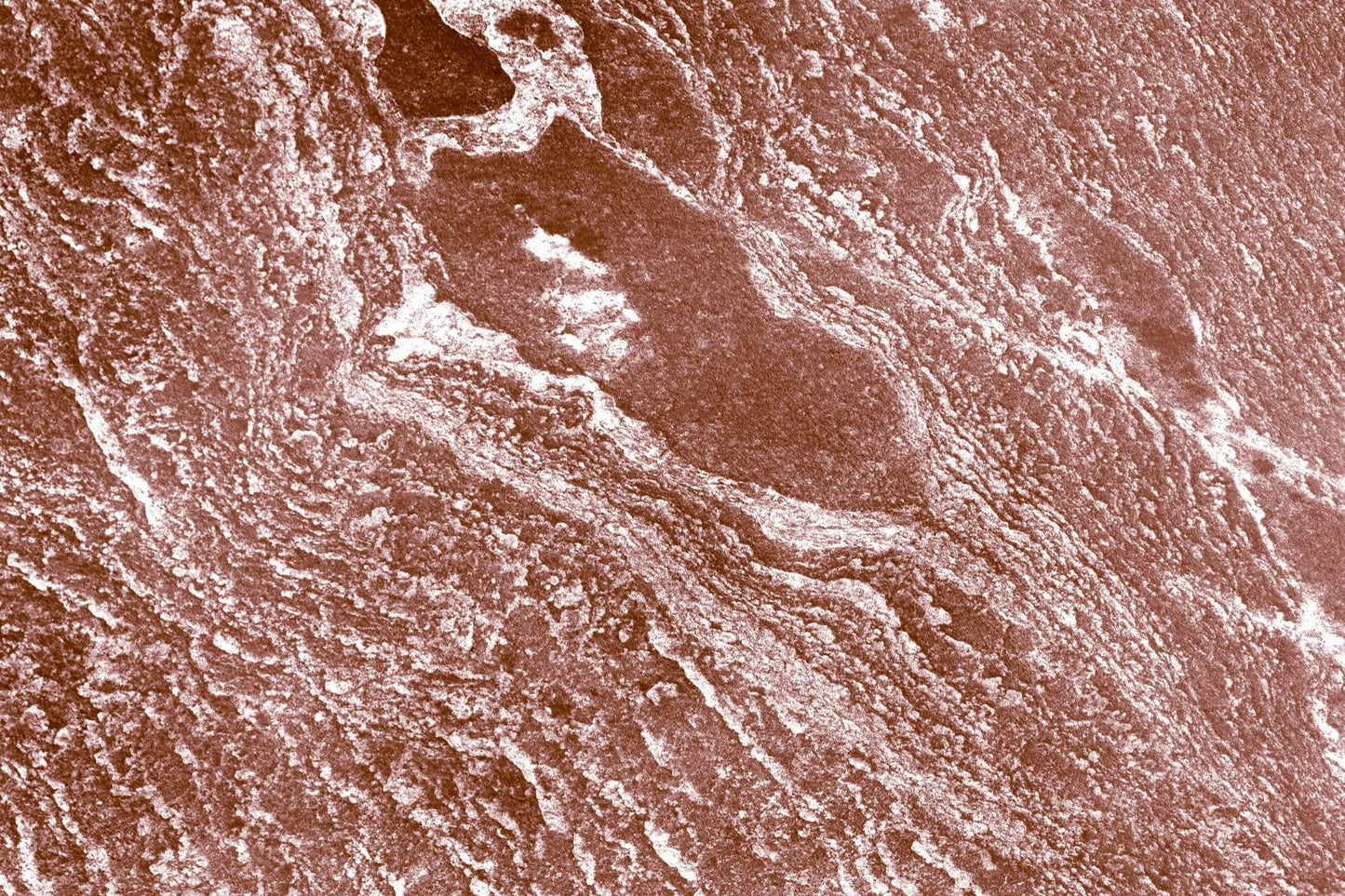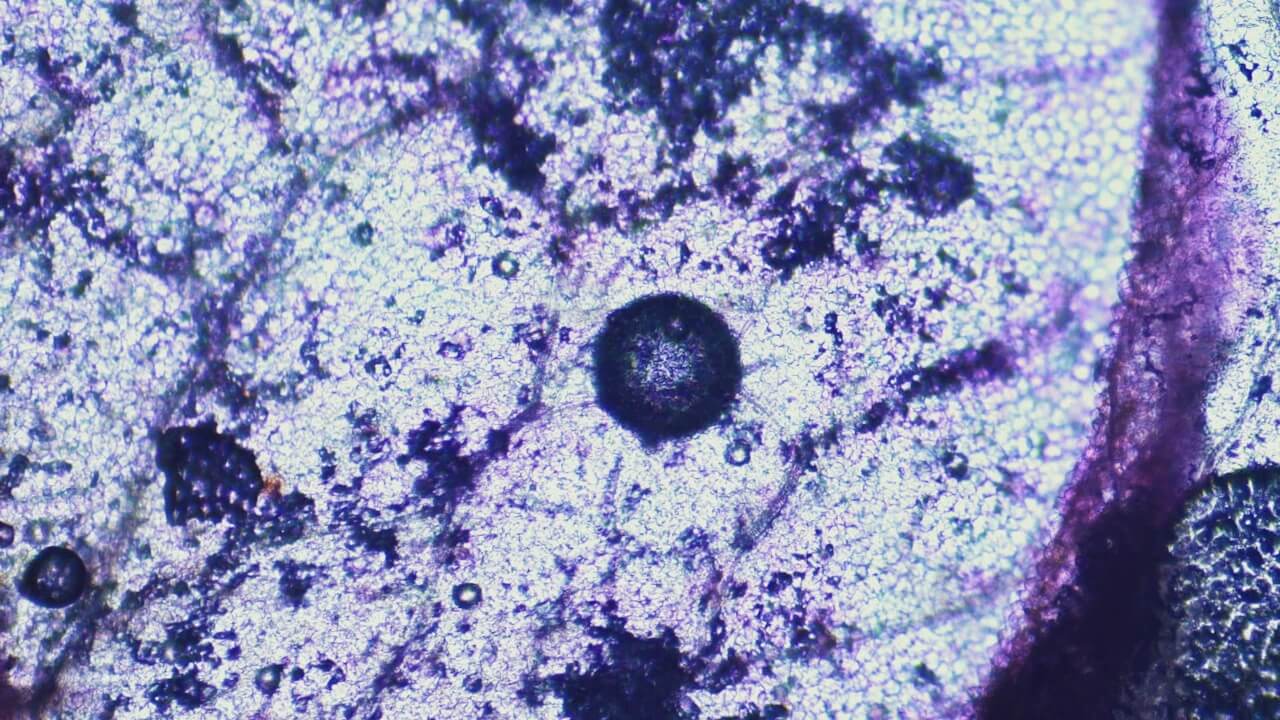
N-acetylcysteine (NAC): A review of clinical usefulness (an old drug with new tricks)
Introduction
N-acetylcysteine (NAC) has been used clinically for decades, initially as a mucolytic agent for respiratory diseases and an antidote for paracetamol overdose. However, recent research suggests that NAC may have broader applications due to its antioxidant, anti-inflammatory, and detoxifying properties. Emerging evidence indicates that NAC supplementation could be beneficial for a range of conditions, particularly those associated with oxidative stress and glutathione depletion.
This review explores the potential therapeutic applications of NAC in various clinical conditions, evaluating the strength of evidence supporting its use.
What did the review examine?
This narrative review assessed research on NAC’s clinical applications by analysing studies from PubMed, medical textbooks, and conference proceedings. The authors focused on conditions where NAC is commonly used and where emerging data suggest potential benefits.
The review covers:
- Respiratory diseases, including chronic obstructive pulmonary disease (COPD), cystic fibrosis, and asthma.
- Metabolic and liver disorders, such as diabetes, non-alcoholic fatty liver disease (NAFLD), and acetaminophen toxicity.
- Neurological and psychiatric conditions, including Parkinson’s disease, schizophrenia, and bipolar disorder.
- Reproductive health, particularly male and female infertility.
- Detoxification and immune function, with a focus on metal chelation and viral infections.
The review follows an integrated approach, considering both randomised controlled trials (RCTs) and observational studies.
Findings
Respiratory diseases
- COPD and chronic bronchitis: NAC has been shown to reduce exacerbations in patients with chronic bronchitis (p < 0.01), particularly at a dosage of 1200 mg / day.
- Cystic fibrosis: Studies suggest that high-dose NAC (600 mg three times daily) can help maintain lung function and modulate inflammation.
- Asthma: Although NAC does not appear effective in managing acute asthma episodes, it may help reduce airway inflammation in certain cases.
- Bronchiectasis: NAC reduced mucus production and exacerbations in a randomised controlled trial (p < 0.05).
Liver and metabolic disorders
- Paracetamol (acetaminophen) toxicity: NAC remains the gold-standard treatment, effectively replenishing glutathione levels and preventing liver damage.
- NAFLD: Some studies indicate that NAC may reduce oxidative stress and inflammation in fatty liver disease, though larger trials are needed.
- Diabetes and insulin resistance: Preclinical studies suggest that NAC improves insulin sensitivity, though human trials have shown mixed results.
Neurological and psychiatric disorders
- Parkinson’s disease: NAC may increase dopamine availability and reduce oxidative stress in the brain, with small trials showing symptom improvement.
- Schizophrenia: NAC, when used as an adjunct to standard therapy, may reduce negative symptoms in schizophrenia patients.
- Bipolar disorder and depression: Preliminary evidence suggests that NAC may help stabilise mood, particularly in treatment-resistant depression.
Reproductive health
- Polycystic ovary syndrome (PCOS): NAC may improve insulin sensitivity and ovulation rates in women with PCOS.
- Male infertility: NAC supplementation has been linked to improved sperm quality, motility, and antioxidant status in men with idiopathic infertility.
Detoxification and immune support
- Heavy metal chelation: NAC binds to toxic metals such as lead and mercury, enhancing their elimination from the body.
- HIV and viral infections: Some studies suggest NAC may support immune function in HIV and influenza by reducing oxidative stress and inflammation.
Why does this matter?
As oxidative stress and glutathione depletion contribute to many chronic diseases, NAC’s ability to restore glutathione levels, attenuate inflammation, and enhance detoxification processes makes it a promising therapeutic option. Given its low cost and strong safety profile, NAC could be a valuable addition to existing treatments, particularly for conditions linked to oxidative damage.








